UTHSCSA Research Scientist Starts Aikido Club
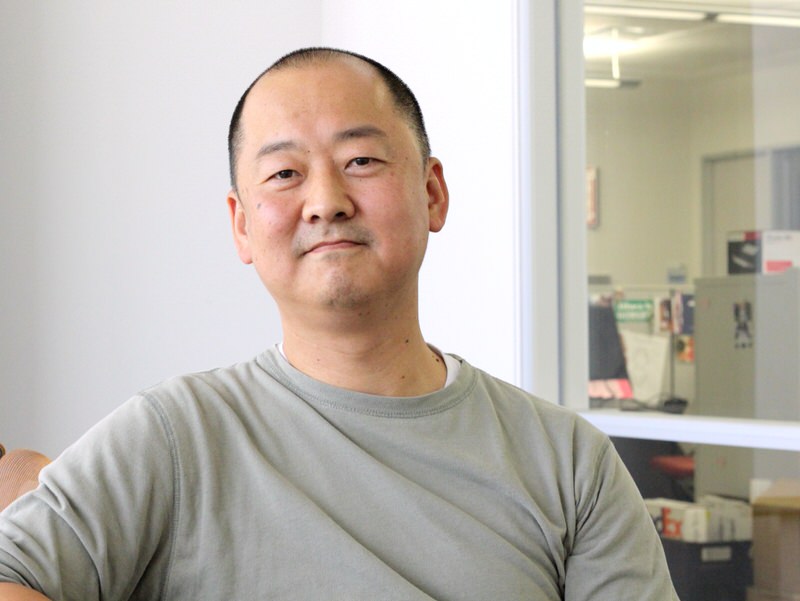 Raehum Paik remembers the first day he wandered into an Aikido dojo (place of training).
Raehum Paik remembers the first day he wandered into an Aikido dojo (place of training).
“There was an old guy who looked like Mr. Burns from The Simpsons and he never said a word…he directed me to the mat and did very simple boring movements and I did them. At the end of each class, he would hug me and say awe did our best’,” Paik explained.
Paik said that this quote really stood out to him and started changing the way he viewed his life.
“When I became a father in 2011, I thought to myself, you know, did I really do my best today?” Paik said.
One day after six months of training, his teacher turned to him and told him he did it.
“For six months, he grabbed my hand and I would struggle and then one day I didn’t struggle. I realized that it was all in my head and I was fighting him without realizing…but when you just accept and are aware, you let it go,” he said.
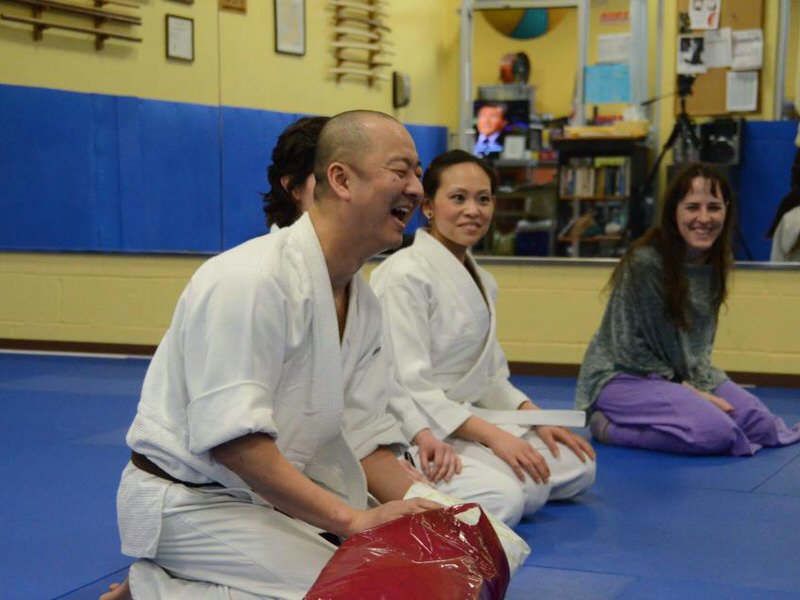 Paik explained that Aikido emphasizes a lot on getting rid of ego, compare to other martial arts.
Paik explained that Aikido emphasizes a lot on getting rid of ego, compare to other martial arts.
“The meaning ai signifies love/harmony and ki means spirit/energy and do means a way/art….all together it means the way of spiritual harmony,” Paik said. “In many martial art practices, there are two people who fight and one person wins and the other loses, it is a competition with rules…in aikido there is no winner, no rules, no competition, because so is the life.”
He further explained that one of the most important principles of aikido is learning how to accept your training partner’s energy.
“It’s a technique where you let them accept you first…it may look boring in the beginning but once you get hooked it’s a very rewarding art,” he said.
Paik first started an Aikido Club at Cold Spring Harbor Laboratory where he was working.
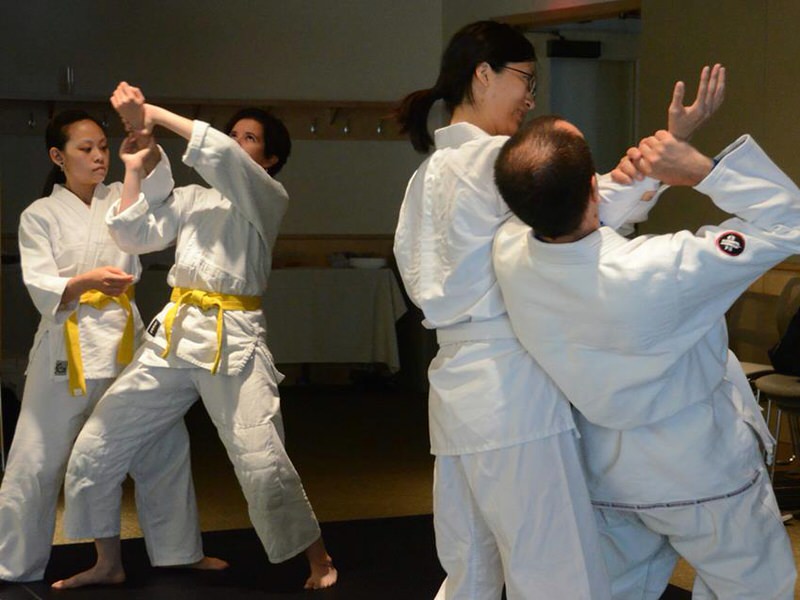 “I noticed that the scientists that were practicing started viewing science differently,” he said. “In science, you have to get this experiment done and if doesn’t work, you feel like you failed but that’s not true, science is about doing your best on the questions you asked and accepting the results you get.”
“I noticed that the scientists that were practicing started viewing science differently,” he said. “In science, you have to get this experiment done and if doesn’t work, you feel like you failed but that’s not true, science is about doing your best on the questions you asked and accepting the results you get.”
Paik, who is now a research scientist at the Mouse Genetic Engineering Laboratory with the Department of Physiology, explained that he started the Aikido Club to share his passion with others.
“I’ve been practicing for eight years and it helps me find solid ground and peace in the world,” he said. “I don’t have any expectations for the club, if no one comes, I will meditate by myself and if five or ten or more people come, that’s great.”
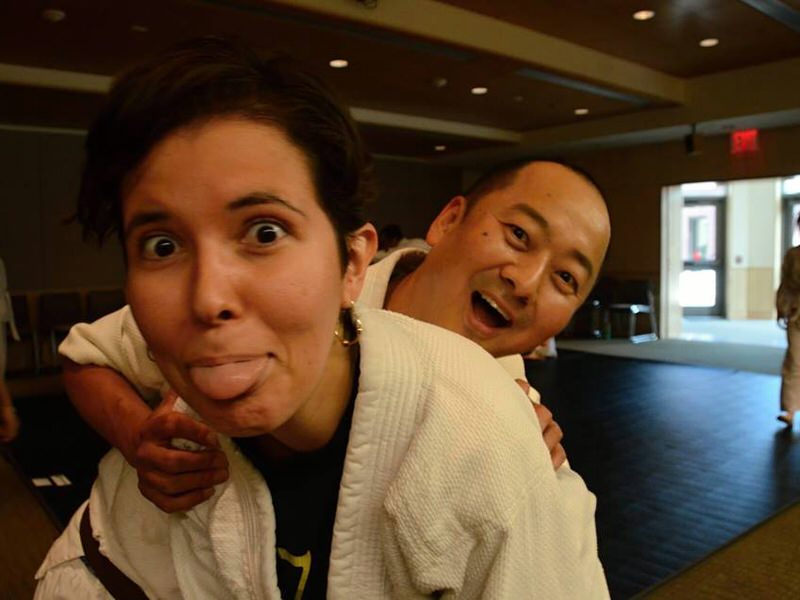 Paik explained that the club is great for people with no experience and that beginners should give it a try.
Paik explained that the club is great for people with no experience and that beginners should give it a try.
“Regardless of your age or physical strength, you can do it. All we practice is the path of a transformation from ego-self to egoless self’ thru Aikido principles. The club also has a rare privilege to study Iaido (Muso Jikiden Eishin Ryu), under highly experienced and qualified instructor, Jon Andresen sensei, on Sunday morning.”
The Aikido Club meets on Sunday (Iaido, 8:00 a.m. to 9:15 a.m. and Aikido, 9:15 a.m. to 10:30 a.m.at the STRF lobby. For more information, check the club’s facebook or email Raehum.
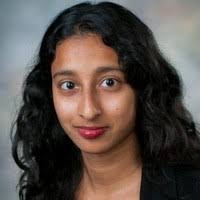 This article was written by Charlotte Anthony, marketing specialist at the Graduate School of Biomedical Sciences at UT Health San Antonio. This article is part of the “Meet The Researcher” series which showcases researchers at the Graduate School of Biomedical Sciences at University of Texas Health Science Center San Antonio.
This article was written by Charlotte Anthony, marketing specialist at the Graduate School of Biomedical Sciences at UT Health San Antonio. This article is part of the “Meet The Researcher” series which showcases researchers at the Graduate School of Biomedical Sciences at University of Texas Health Science Center San Antonio.
